This is a culture post about mostly modern-era dissident films.
I was pretty happy with my last pop culture post about the wonderful ABBA, so I thought I would hit popular entertainment from another direction: a list of films reflecting dissident themes, most from within the modern era (post-2000).
First, why care? Well, whatever content one consumes, even if you decide to reject it, it becomes a part of your psyche and impacts you - it leaves an imprint of the framing on your mind. Very few people understand this. The woke movement succeeds by putting it’s ideas in your mind even if you consciously reject it. This is why I try to limit the content I consume. For example, I have David Rockefeller’s autobiography to read and have been very reluctant to read it; I know the man and what he stands for, and his attempts to justify his actions to the public using extreme deception and duplicitous language, crouched in the most vile filth and lies, is going to require a lot of mental stamina to get through, if I do decide to read it. It will leave an imprint.
In the same way, watching content that highlights dissident themes serves to reinforce one’s worldview, so to the extent such content can be consumed it is a good thing. Although content in film and television reflecting these themes is quite rare, while less rare in books if one knows where to look.
Second, let’s define dissidence for purposes of this thread. The globohomo world order is centered around a core belief in egalitarianism, a belief which ratchets over time as an egalitarian ratchet effect. Super-imposed over the belief in egalitarianism is the privately owned central bank system. Being a “dissident” to this system is to acknowledge without judgment the inegalitarianism inherent in reality in all its various facets. No individuals, groups, religions, or anything else in this reality is equal - distributions occur on bell curves - and nothing humanity can do can ever make the unequal equal. That doesn’t mean humanity shouldn’t work to decrease inequalities, it’s just that there’s a world of difference between laboring to do so in the knowledge that it can never be fully accomplished (which is how Lee Kuan Yew approached it) versus coming up with ideological excuses (racisms, sexisms, -isms, -phobias, etc.) and if only humanity could banish them with control and violence it would be here.
An acceptance of inegalitarianism within film hits on at least some of the following themes, and the more the better:
The negative correlation between materialism and spirituality,
populism as a check on the horrors of oligarchy,
a king or dictator as a check on the horrors of oligarchy,
the importance of immigration restrictionism,
standing against globohomo-sponsored wars,
a promotion of religion at the expense of secularism,
an emphasis on community and family togetherness, and
resistance to groupthink and globohomo propaganda.
This definition excludes some large categories of male oriented films: pro-globohomo war films (Black Hawk Down, Lone Survivor or American Sniper), high-testosterone 80s action films (Predator, Alien), and action/adventure films like the great Master and Commander, even though these films highlight warrior brotherhood and various forms of masculinity.
Lastly, one has to be careful when looking at historical films or other forms of entertainment. These films embodied a particular moment of the cultural zeitgeist, and due to the egalitarian ratchet effect many APPEAR to be inegalitarian compared to the standards of today, but that is not how they were received at the time. Just like watching Archie Bunker now looks amazingly anti-politically correct but that is not how it was perceived at the time, or Married with Children or any of the 80s action movies which weren’t woke, etc. Pretty much everything looks anti-globohomo when you look back on it twenty years later. So the idea is for films that meet as much of the above themes as possible but especially in the context where they buck whatever the zeitgeist is in the era in which it was released.
The following list is in no particular order, except for the final film which towers above the rest. It is also not meant to be comprehensive.
Fight Club (1999), trailer here. It’s anti-consumerist and wrestles with how to find meaning after Nietzsche’s death of God and how to form brotherhood in an era of atomization. One of its producers, Art Linson, recalled the first screening of the film for Fox’s executives: they were, he said, “flopping around like acid-crazed carp wondering how such a thing could even have happened.” There were rumors that Rupert Murdoch loathed the movie so much that Bill Mechanic (the executive who green-lighted it) might have been quietly nudged from his position.
They Live (1988), trailer here. Put on the special sunglasses and they reveal subliminal messages in the media to consume, reproduce, and conform. The glasses also reveal that many people are actually aliens with skull-like faces. Anti-consumerist, resistance to groupthink and globohomo propaganda.
District 9 (2009), trailer here. An anti-immigration parable where low IQ, aggressive actual aliens who cannot integrate are dumped into a city and how they are handled. It also covers the sophistication of government propaganda in smearing its identified enemies. It’s originator Neill Blomkamp included other messages such as government malice and incompetence to add complexity and to get the film made, but the core message is still there.
Elysium (2013), trailer here. The ultra-rich live on an exotic wonderful artificial colony in space and everyone living on earth lives in terrible poverty and crime. The film highlights the basic theme of what globohomo is trying to do to the world. Also directed by Neill Blomkamp.
Edit: It’s been a number of years since I saw this film, but an alternative interpretation pointed out in the comments by
may be to view “Elysium” as the rich west and how Elysium should open its borders to the rest of the world. It’s possible either interpretation may work; I’ll have to re-watch it, but note this point of caution on this one. If it’s ambiguous it shouldn’t be included on this list.
Idiocracy (2006), trailer here. From Mike Judge, this movie touches on the ever-decreasing intellectual and spiritual quality of the masses who have been shorn of hard conflict which is necessary to bring out higher qualities; it also touches on dysgenics and how higher IQ individuals have fewer children than low IQ individuals.
Office Space (1999), trailer here. Also from Mike Judge, this film touches on the dehumanization and emptiness of modern office work and the empty propaganda used to promote it.
American Psycho (2000), trailer here. This is a classic film demonstrating that spirituality and materialism have a direct inverse correlation. Patrick Bateman has all the money in the world but he is dead inside. The modern West is fully built around the pursuit of money and is, per Jung, “extraverted as Hell.” It is going to have an extremely difficult time as the West’s consumption patterns continue to decrease. This film was very difficult to get made and took many years to do so because the book on which it was based was so incredibly violent. At one point Leonardo Dicaprio was set to star in it but he thought it would detract from his female fans so he withdrew, and Christian Bale really wanted the role so it eventually went to him.
Margin Call (2011), trailer here. This film highlights the cynicism and greed of Wall Street and how they offloaded their losses onto the retarded heads of the public during the 2008 financial crash.
Passion of the Christ (2004), trailer here. Hollywood refused to finance or promote this movie so Mel Gibson took on the financing and promotion of the film himself. It became an enormous hit and is spawning a sequel which will also do well. Globohomo does not like promoting Christianity so for Gibson to succeed on this passion project was a pretty amazing story. Later on Gibson, who is part of a sedevacantist Church, ran afoul of Hollywood entirely and has been semi-blacklisted since then.
Apocalypto (2006), trailer here. This is an amazing adventure/action story, also written and directed by Mel Gibson, told from an indigenous perspective, showing the horrors of the Mayan human sacrifice culture before the arrival of the Europeans with their civilizing Christianity. Globohomo hates this film because it does not offer moral equivalence between cultures and because it promotes traditional notions of masculinity and the importance of family. It wasn’t available for free on any streaming service last time I checked as a result.
Barry Lyndon (1975), trailer here. This is a questionably dissident Stanley Kubrick film, but I included it because it shows the emptiness of material wealth — Lyndon becomes ultra rich through marriage, but he loses his child and then wants to die. Also, Lyndon desperately wants to be accepted into high society but he has the wrong upbringing so no matter what he does he is unable to bridge that gulf. Lyndon also spends a lot of time wandering listlessly which shows the strangeness and randomness of life. The film isn’t predictable which is a good thing. It also has the most beautiful cinematography of any film I’ve ever seen.
The Day of the Jackal (1973), trailer here. The film covers the betrayal by Charles de Gaulle of the pieds-noirs in Algeria and the OAS’s attempts to assassinate him in revenge, focusing on a fictional hiring of an independent, professional lone-wolf “jackal” while also covering the French government’s creative, intelligent and often brutal tactics in tracking him down. The film is a nail-biter and feels like a short film in how fast it goes even though it’s well over two hours long; it holds up exceptionally well. The actor who played the jackal was superbly cast and I havn’t seen him in anything else - he looks like a chameleon, being able to blend in anywhere. I like his physiognomy and it’s reflected in his politics. Ebert has a good review here. There was a more recent remake with Bruce Willis called “The Jackal” which was mediocre.
Eyes Wide Shut (1999), trailer here. Another Kubrick film, apparently the final cut was butchered by the studio and Kubrick died right after the film was made. In it Tom Cruise infiltrates a masked orgy of an unnamed secret society, which is reminiscent of the 1972 Rothschild ball.
Nightcrawler (2014), trailer here. This film shows Jake Gyllenhaal as a weird outsider (echoing Travis Bickle to some extent from Taxi Driver, which is not included on this list because Robert De Nero is such a deranged shitlib) using underhanded and illegal tactics in order to advance his career; it also shows the intersection between business, the media and voyeurism. It is a dark and nihilistic film and has the kind of ending one can expect from it.
The Matrix (1999), trailer here. This is a class gnostic-themed film about how the material world is an illusion and truth is found on an inward journey of exploration. Additionally, it shows how globohomo views the masses of humanity as simply digits on a screen to be exploited. All of the sequels were terrible and the director siblings later both became transsexuals.
And…drum roll please…the most dissident film I’ve seen:
The Angry Birds Movie (2016), trailer here. Even though it’s a cartoon based on a video game - the furthest thing one would expect to have dissident themes, which one would expect to be a shallow cash grab aimed at children - I cannot believe this film was made with the themes presented in it. The main character Red is a loner who no one listens to; green-colored pigs come to town with false promises that lull the bird population into a sense of complacency. Sensing something is seriously wrong with the pigs, Red warns everyone and tries to consult with the great American eagle, but everyone is too complacent, lazy and stupid to listen to him, and the American eagle is also fat, lazy and stupid. The pigs end up stealing the eggs of the birds and the population, shocked and demoralized, finally rallies around Red to get it back. The themes expressed in the film are the importance of thinking for yourself, the dangers and non-integration of foreigners, and the importance of community banding together to protect the community. It is an unbelievable film and it has to be watched; someone from globohomo dropped the ball by letting this get made. There’s also a sequel which I havn’t seen but the themes seem stupid based on the plot.
If you watch any film from this list (and hopefully more than one appears interesting to you), watch The Angry Birds Movie.
Lastly, I’ve been recommended a bunch of other films to watch that may contain dissident themes - Children of Men, Cool Hand Luke, Zardoz, Brazil, High Plaines Drifter, Pale Rider, The Room, Soylent Green, Falling Down, but can’t vouch for any of these until I see them.
Thanks for reading.

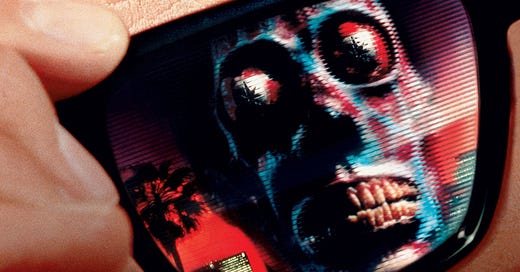


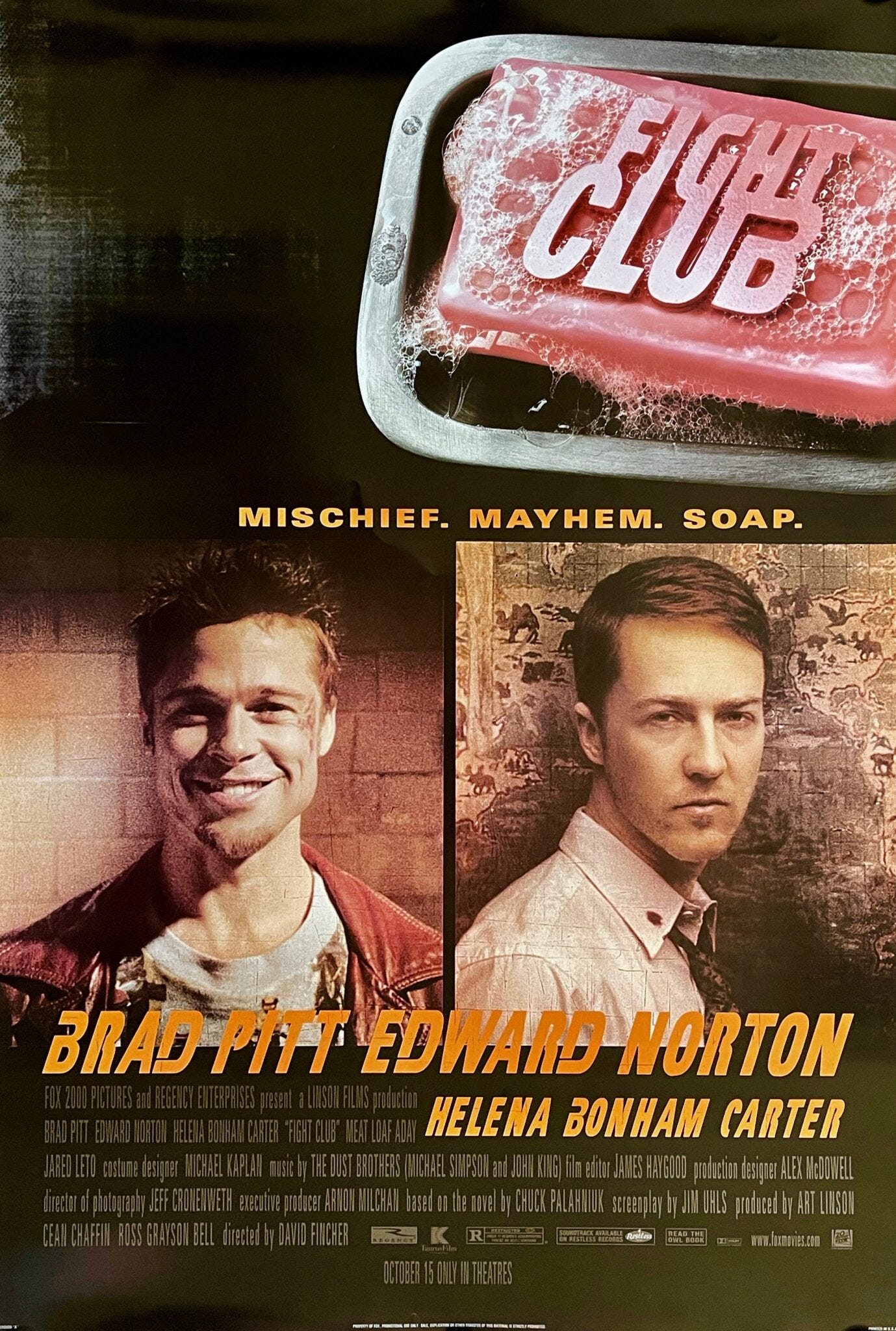

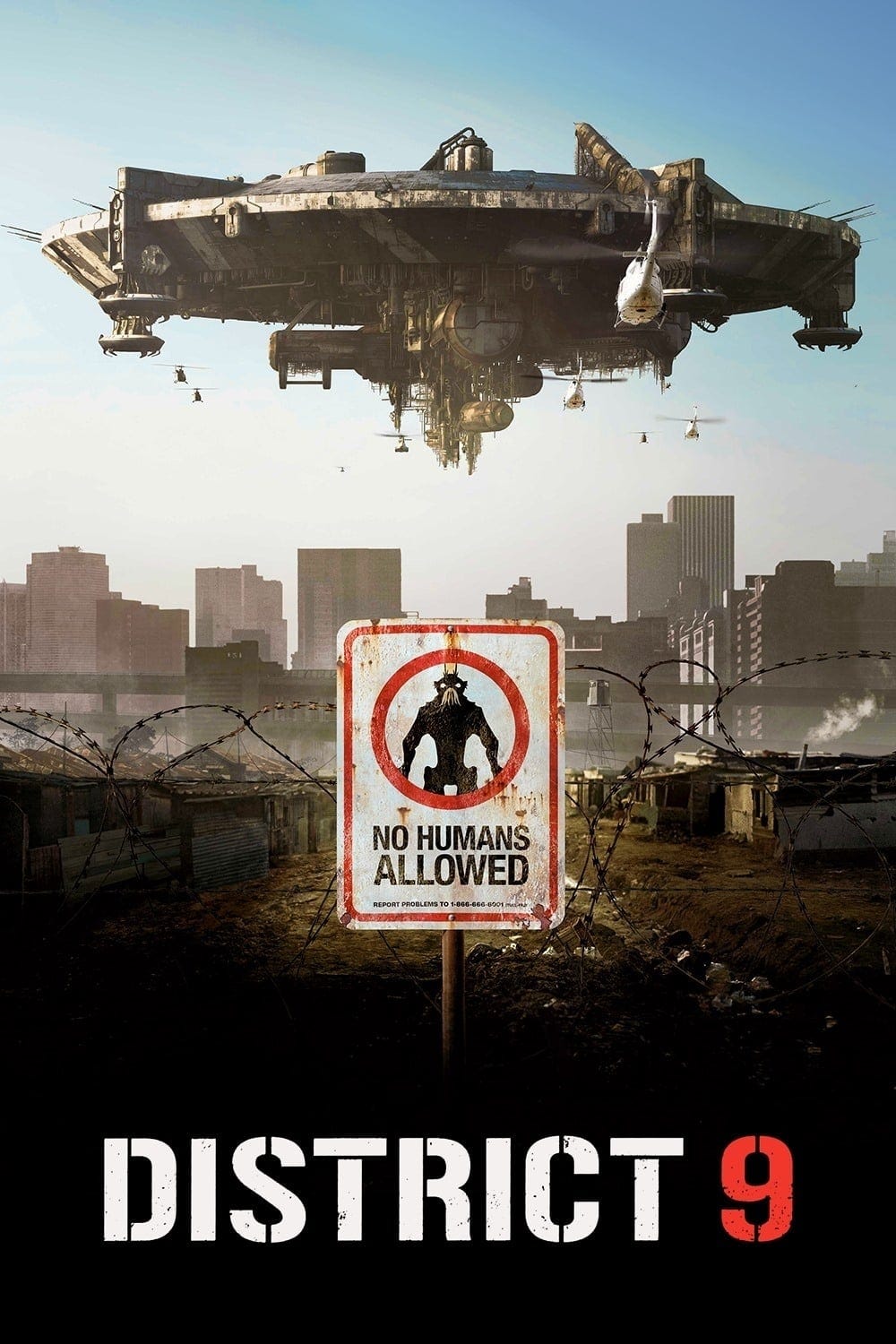
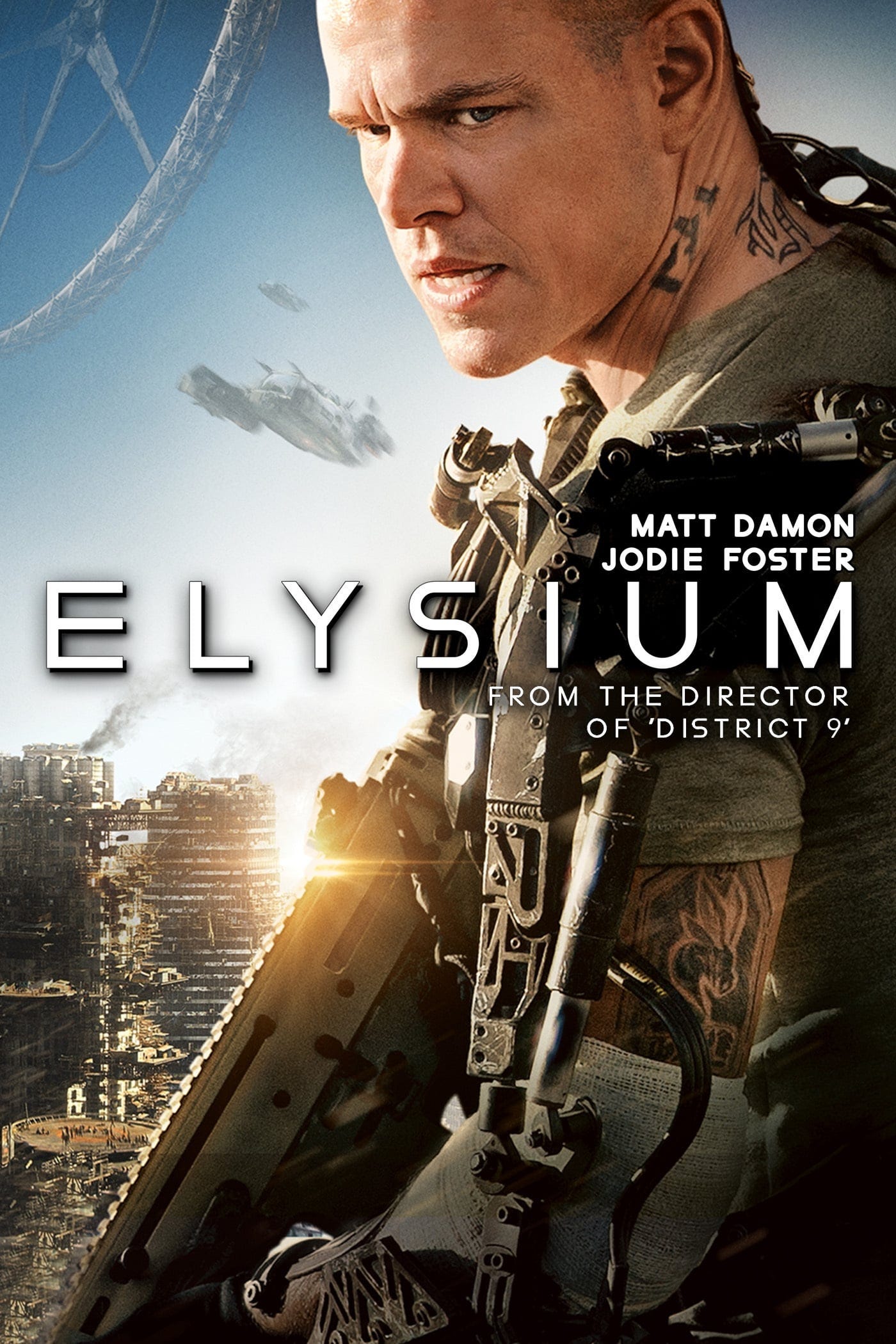
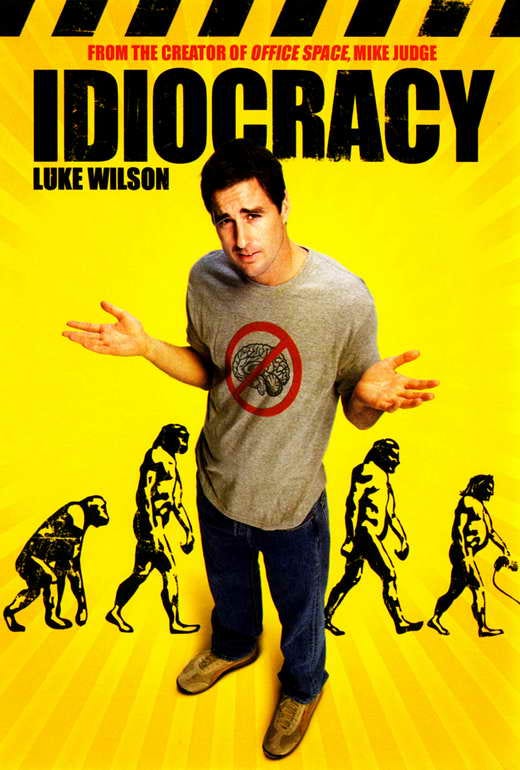
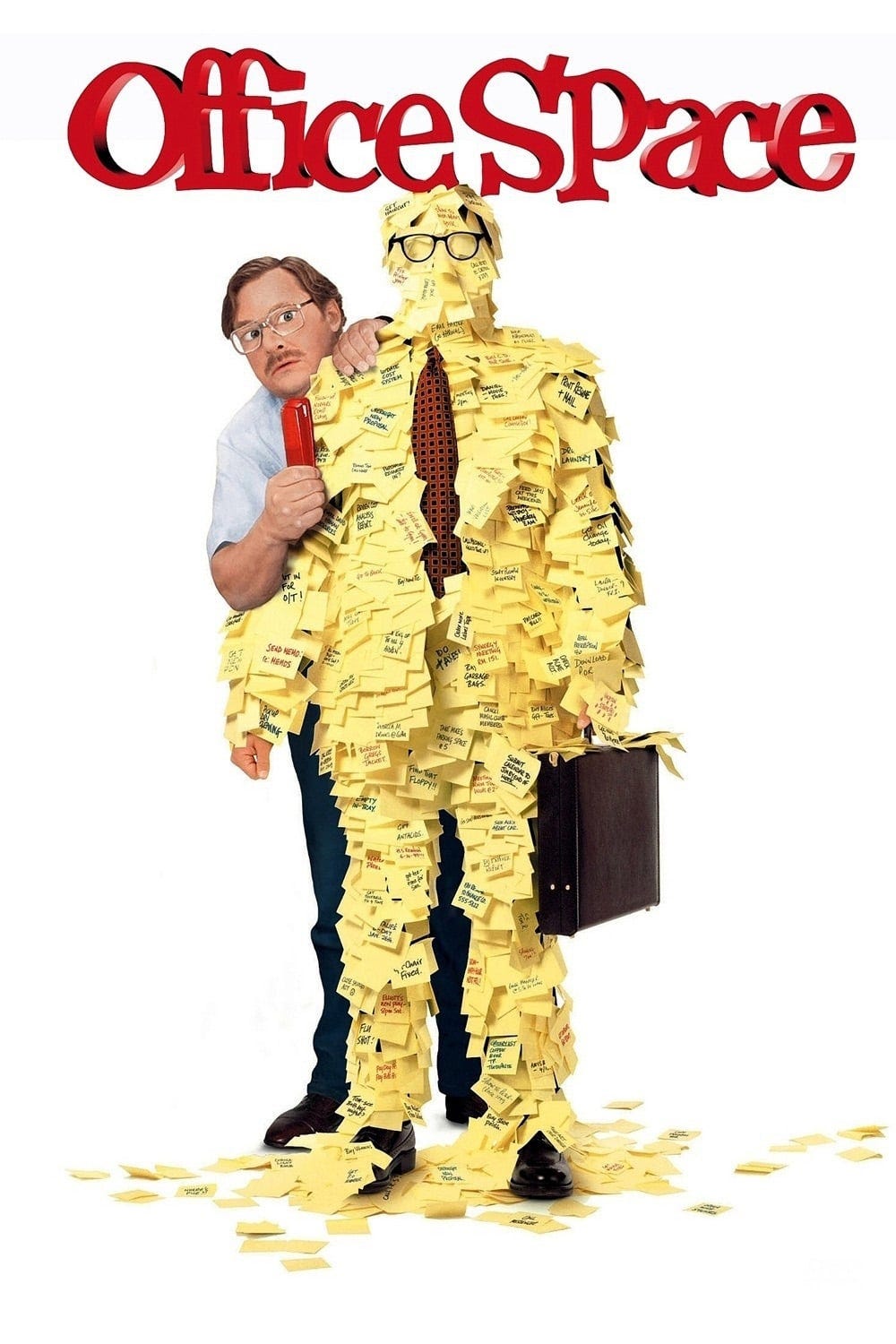
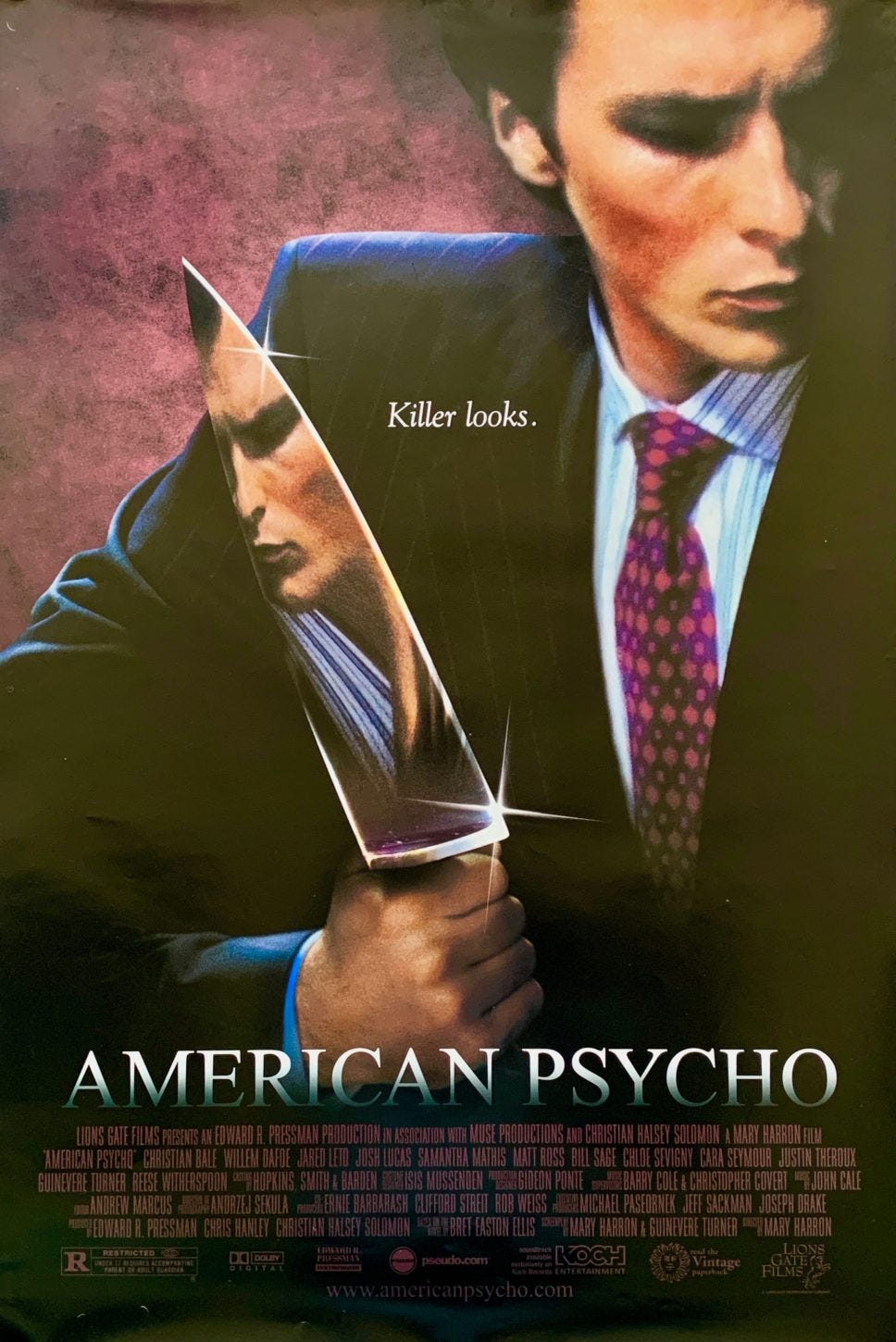
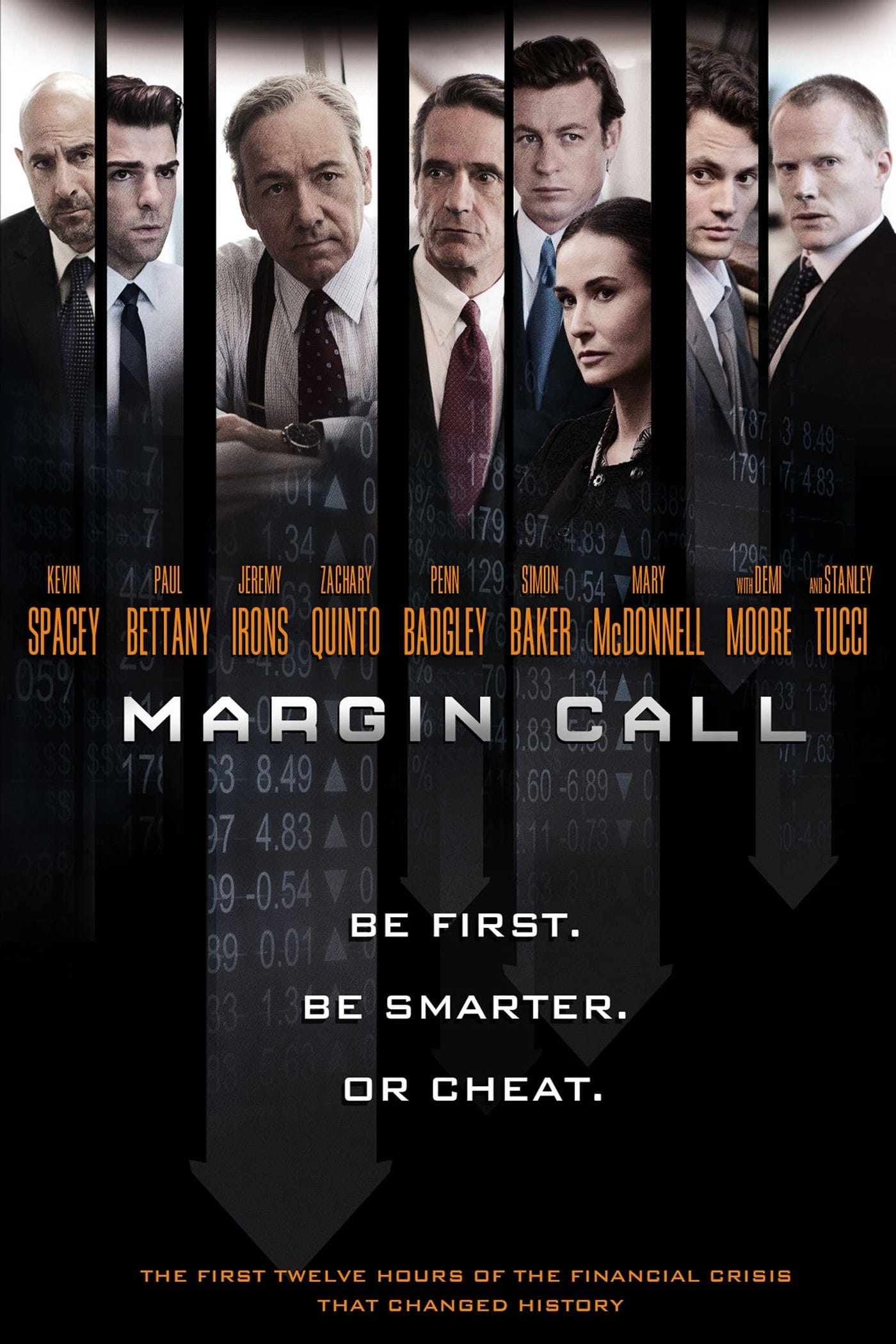
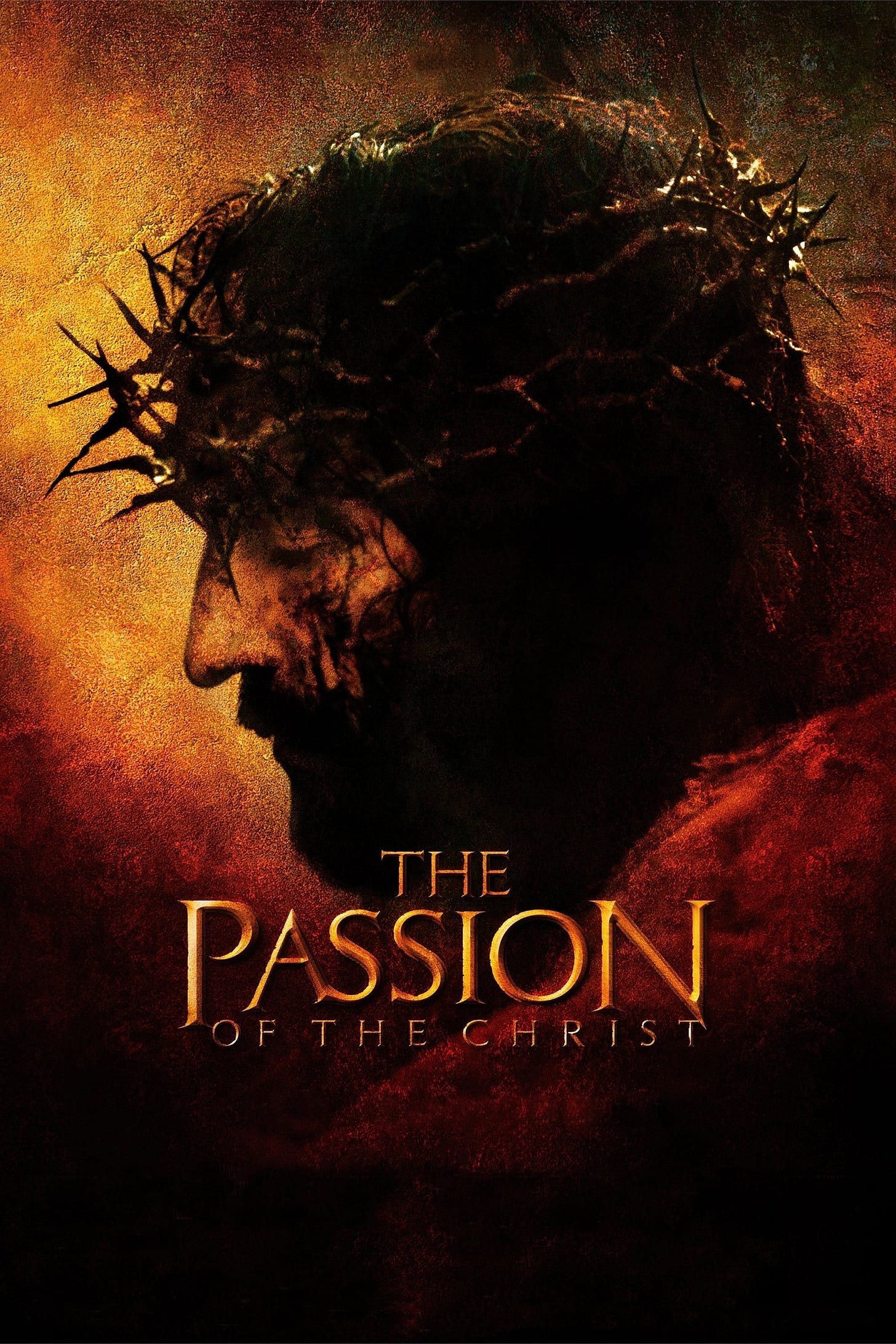
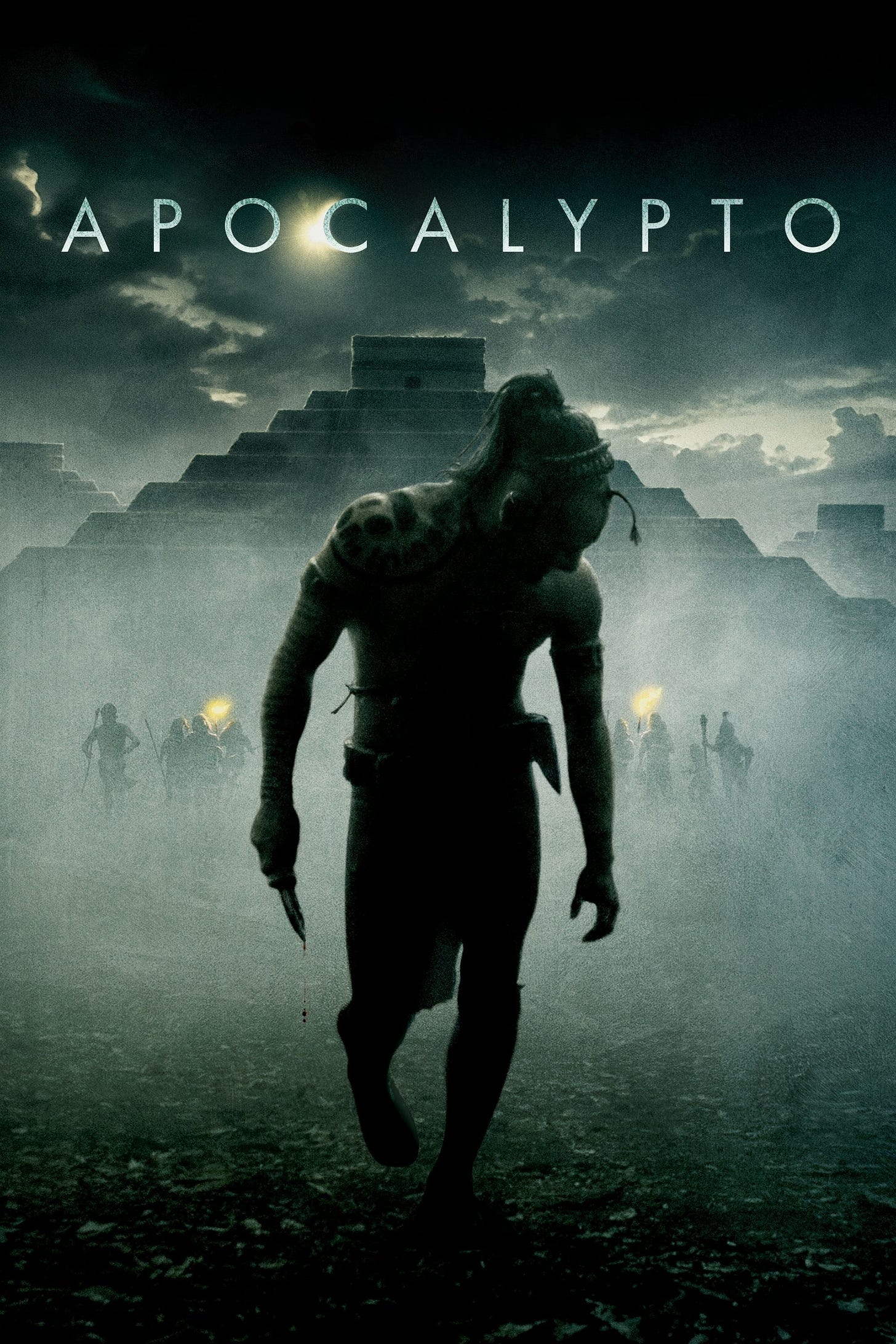
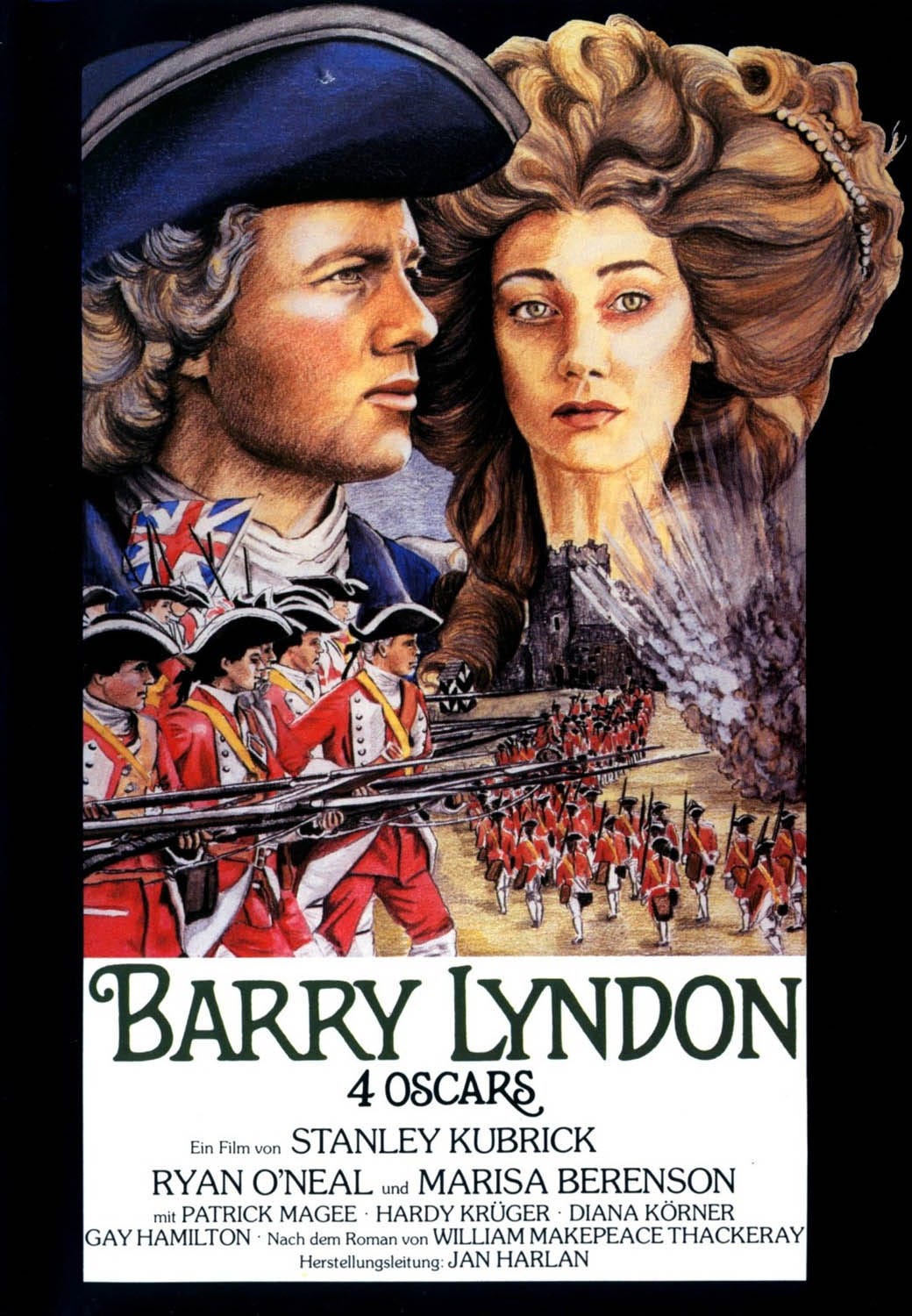
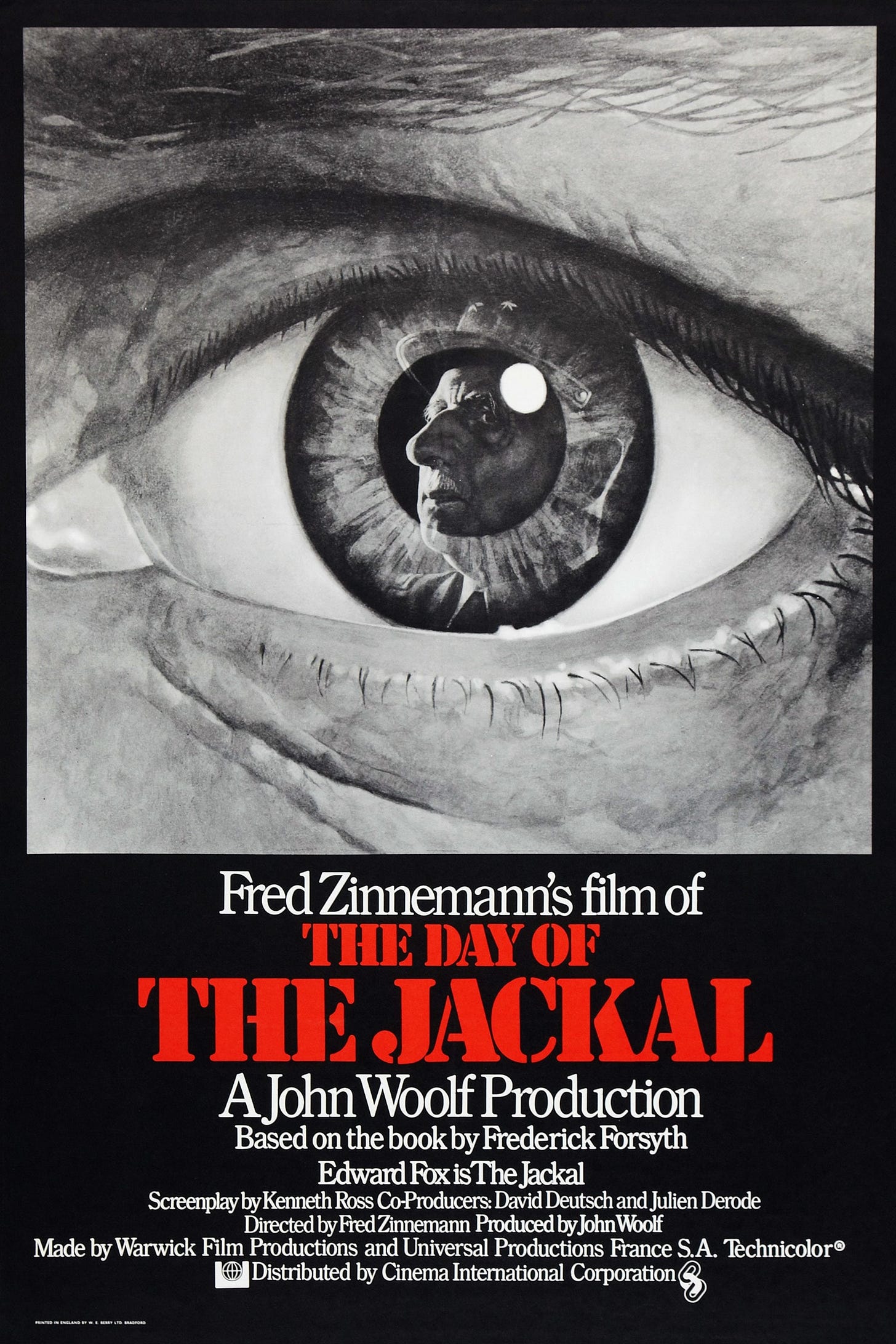
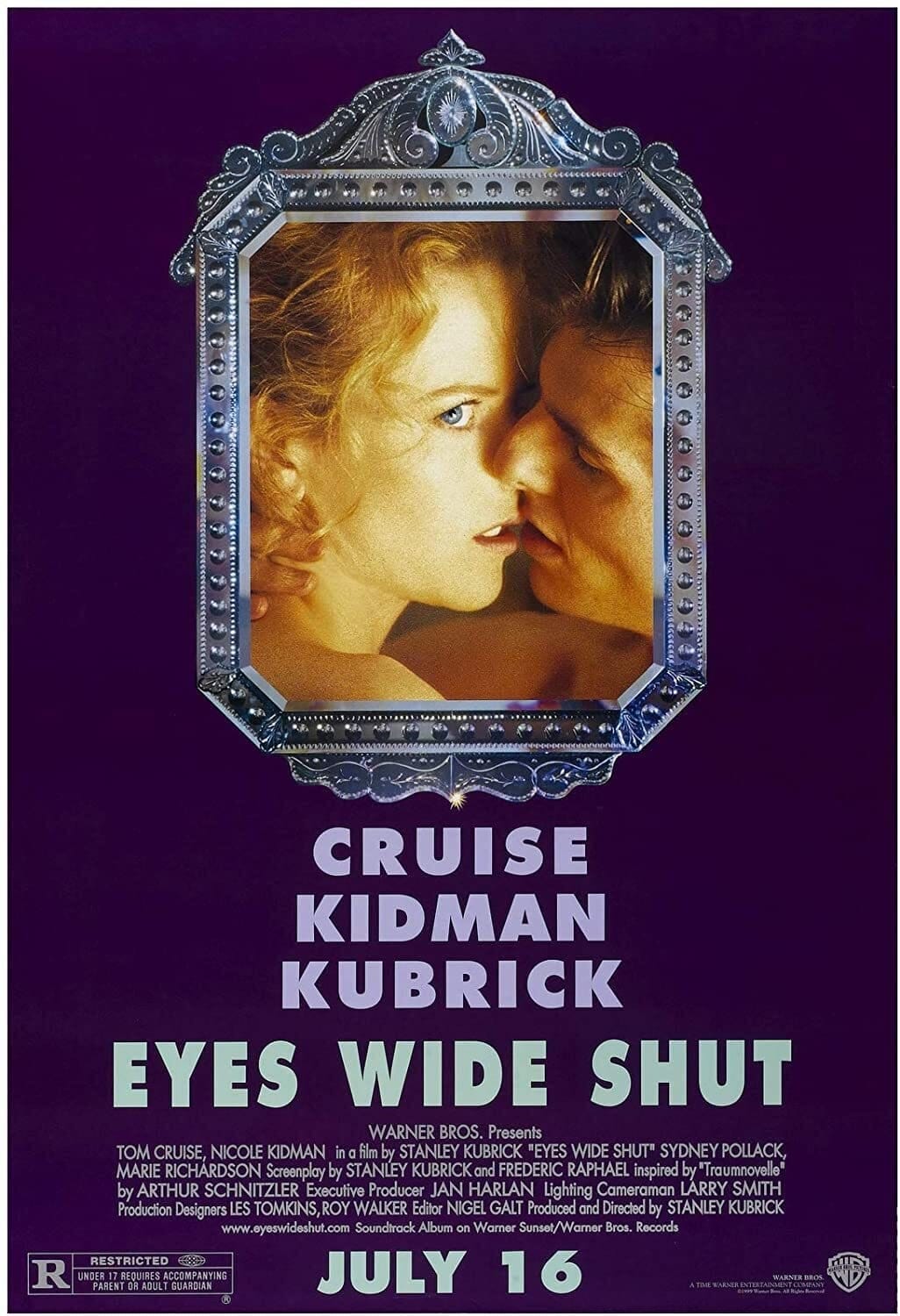
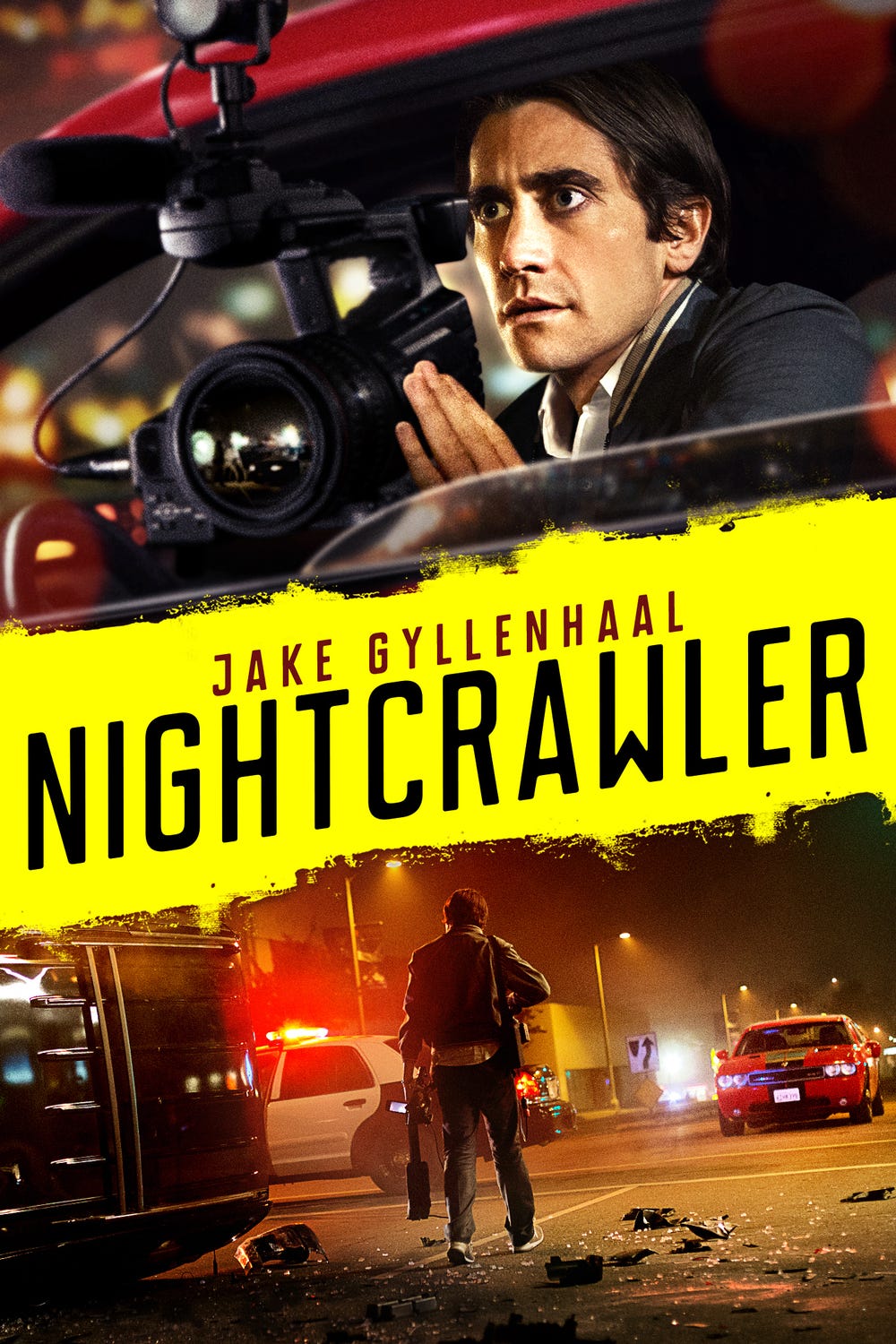
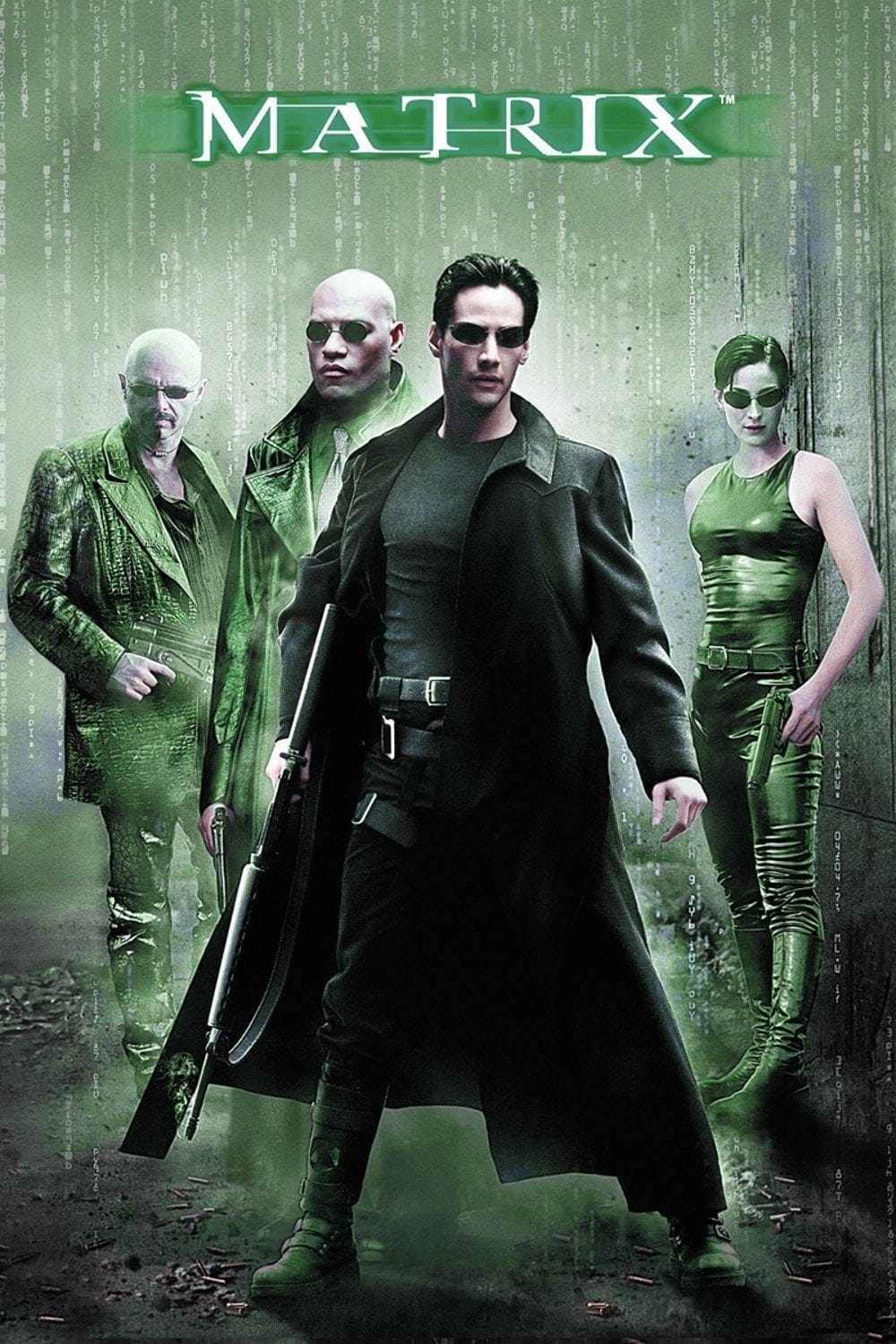

You should definitely watch "Soylent Green", "Zardoz" and "Brazil." Add "Logan's Run" to this group. Love and family vs. a hedonic computer driven utopia.
Some lighter fare for your list:
"Demolition Man." High T action hero from the past battles emasculating elitist utopia. Stallone's best movie.
Since you liked "Elysium" try "Death Race 2000", "The Running Man", and "Total Recall." Nothing deep, but a lot of fun.
Regarding your egalitarian ratchet effect, try "Amadeus" and "The Incredibles." Both feature envy filled villains attacking the talented.
Finally, the most based movie of all: "The Brady Bunch Movie."
"The Angry Birds Movie" had a scene that spoke very close to my heart when he looked with disgust at two lesbian birds holding "hands" and kissing in public.